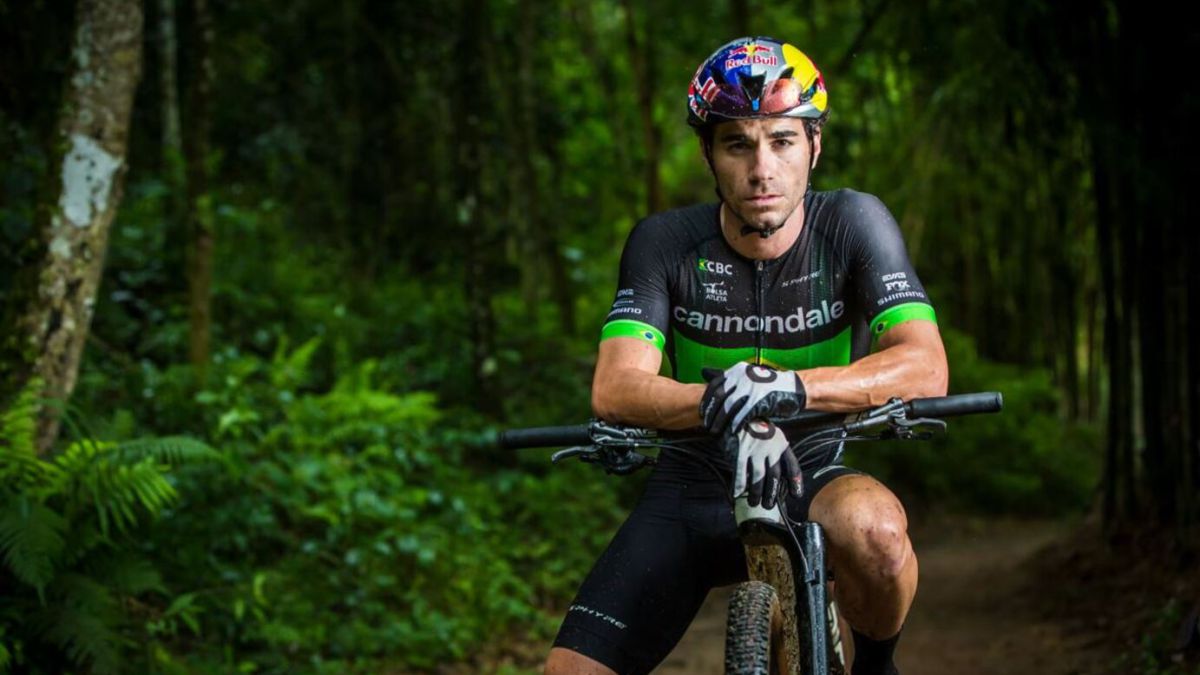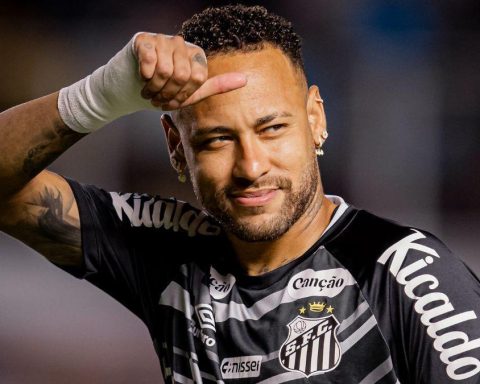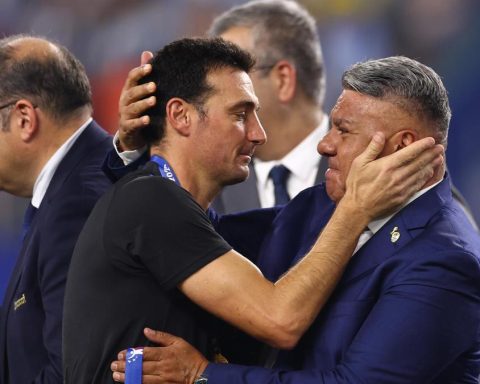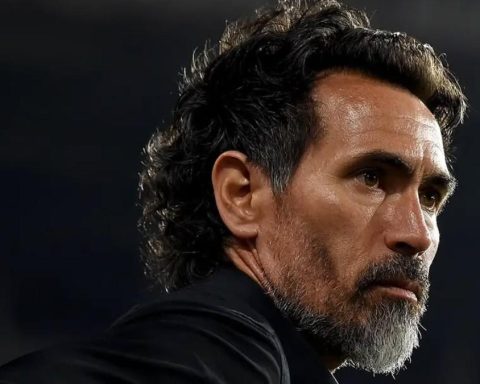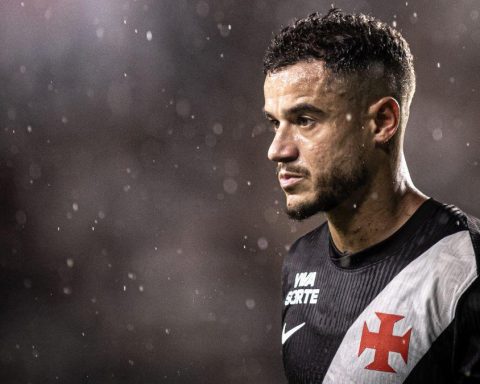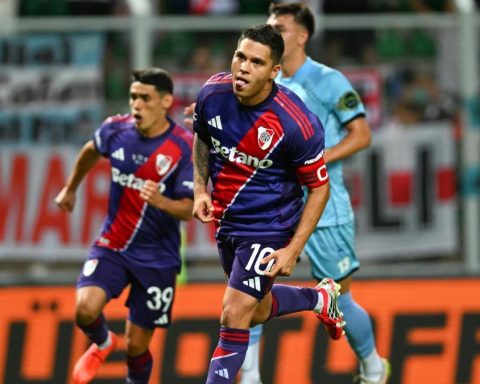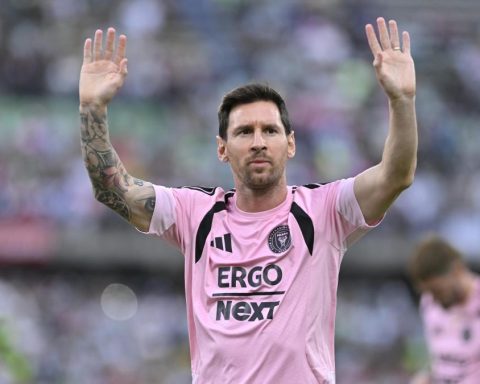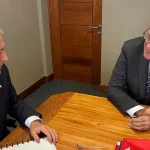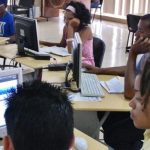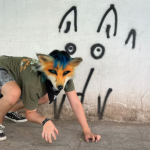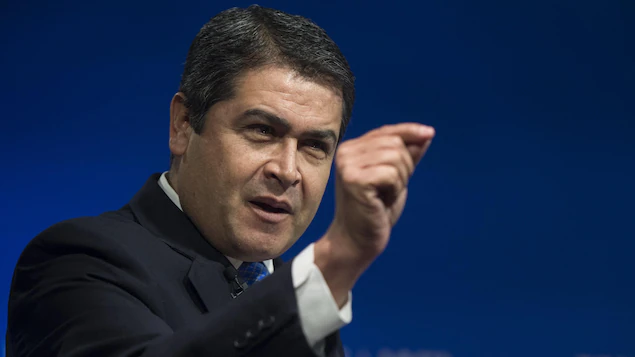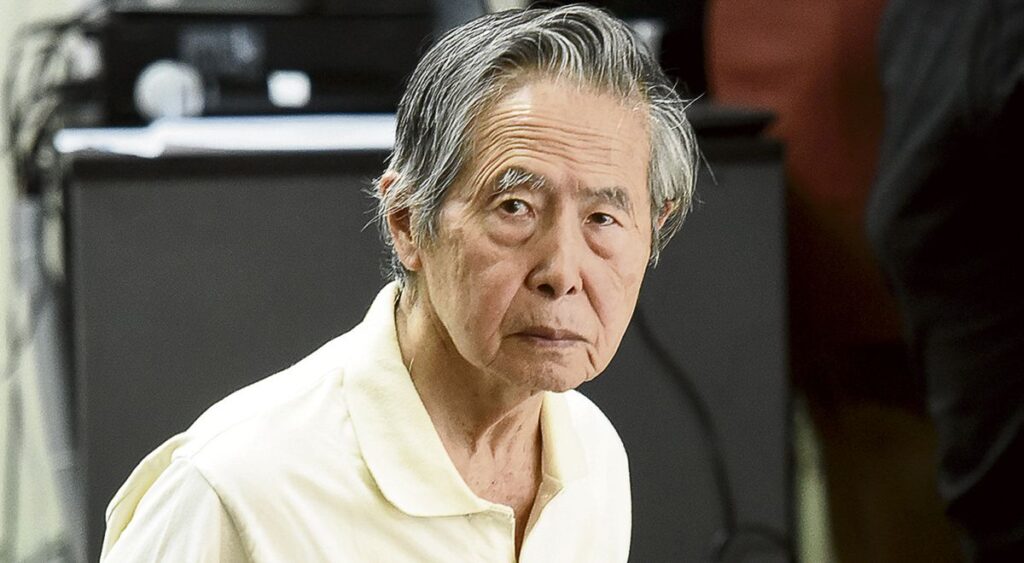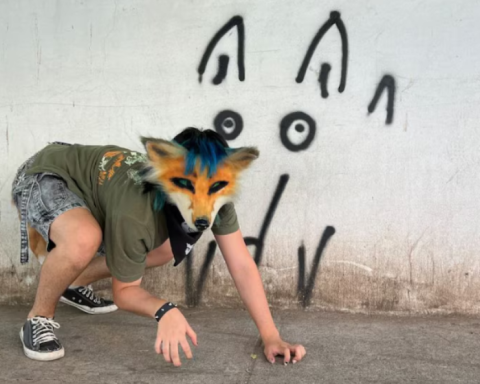One, two, three… Attack after attack. Non stop. Henrique Avancini, despite finishing fourth, did not save anything in the first round of the Mountain Bike World Cup, held yesterday, Friday, in Brazil. Tomorrow, Sunday, second assault (live on Red Bull TV). And, once again, Avancini, world champion in 2018, will give it his all again. How can you not do it. The 10,000 attendees who came, and will come, idolize him on the run: they applaud him, look for his gestures, adore him. It’s not by chance. In 1989, Henrique was born in Petrópolis, which this weekend has become the world epicenter of mountain biking. He grew up surrounded by bicycles, in his father’s shop, he went to Europe risking everything and, 17 years later, he has managed to bring the competition back to his country, from where he attends to AS.
Petrópolis, your home, and, furthermore, in a circuit that you yourself helped build, both in its origins and in later adaptations. How many memories and emotions…
A lots of. In 2015, my father and I started designing this circuit from scratch. Of course, the track has been modified for the World Cup due to logistical demands and television broadcasting. Approximately 40% has changed.
Does it benefit you or add even more pressure?
It can be an advantage to know the area, the climate, the type of terrain and the soil, of course. Everything is more familiar to me, it is where I have been training all my life, but when you are in a competitive situation it changes a lot. It’s something completely different to race alone or in a race, competing against the best.
After 17 years, the World Cup has returned to Brazil, and much of it is thanks to you. Regardless of what ends up happening… do you already feel like a winner?
Yes, it is probably the only race in which, before taking the first pedal stroke, I was already winning. The return of the World Cup to Brazil and Latin America is a milestone. It is a gigantic global event, rarely straying far from the traditional set of host venues. I am very grateful to the UCI. It is a great opportunity to show the world my hometown and the culture we have developed over the years.
Henrique Avancini advances despite the mud.
Bartek Wolinski (Red Bull Content Pool)
How did it all come together?
When the first talks started, I became a kind of representative of the country, providing information, showing possibilities and helping with structural and organizational things. Then came the time when they decided to host the event in my hometown. It was not something that I was looking for especially, because the great objective was to bring the World Cup to Brazil, as a country. Being one of the reasons all of this is happening carries with it a great responsibility, but also a deep gratitude.
After achieving something like that, what else can you hope for?
Having contributed to the growth of mountain biking in Brazil motivates me more than any title. This is my biggest dream and I am living it, but there is still a lot to achieve. Of course, I still want to win a lot of titles.
On the circuits, he stands out for his capacity for analysis, for how he interprets the layouts. Does it have something to do with his academic background (enrolled in law specializing in the environment)?
I think I’m a pretty analytical person, it comes very naturally to me, so I don’t think it’s because of my academic background. It is probably the other way around: I opted for an academic career because of my analytical nature.
At what point did you see clearly that your life should be dressed in a helmet and maillot and not in a lawyer’s suit? Were there doubts?
At first, I couldn’t really imagine mountain biking as a profession. It was my hobby, my passion or my dream… but I didn’t generate income with it, that’s why I decided to study environmental law. Mind you, I never stopped training when I was in law school. It was very difficult to find the balance. Things changed a bit when I got my first big sponsorship. Then my team disbanded, but I figured I still had to try, so I moved to Europe. With my first contract there, I finally decided to drop out of law school and take the risk of becoming a professional athlete. So yes, there were a lot of doubts, but no regrets.
Henrique Avancini in action.
Fabio Piva (Red Bull Content Pool)
His arrival in Europe was not easy. Does your competitive character come from that time?
Going to Europe was a big step for me and I risked everything. He had to prove it to me and I didn’t want to disappoint my people at home. He literally had to do well to earn money and make a living. I’m not sure if this has made me more competitive or if my competitive nature helped me succeed then. What I have learned since moving to Europe is that you can do this sport all your life and you will never completely master it. Mountain biking gives you many lessons in humility and respect. There is always something to learn or improve.
Beyond the test in Petrópolis, how do you face the season? It will be the longest so far.
It will be, but the number of races or the length of the season has never been an issue for me. I like to compete and I think I will handle it quite well. Of course, it’s hard to stay motivated and focused if your amount of work, travel and everything that goes with it increases, but it’s something I like. I feel good and I think it’s great that the World Cup is growing.
The first time he rode a bike, with his sister Carol, it did not go well. She forgot to explain how the brakes work and you didn’t brake. In the end, it turned out to be a metaphor for her career, right?
I guess so (laughs). The bicycle has always played an important role in my family. I’ve spent countless hours at my dad’s bike shop and yes, when my sister taught me how to ride, it didn’t end on the best of terms.
